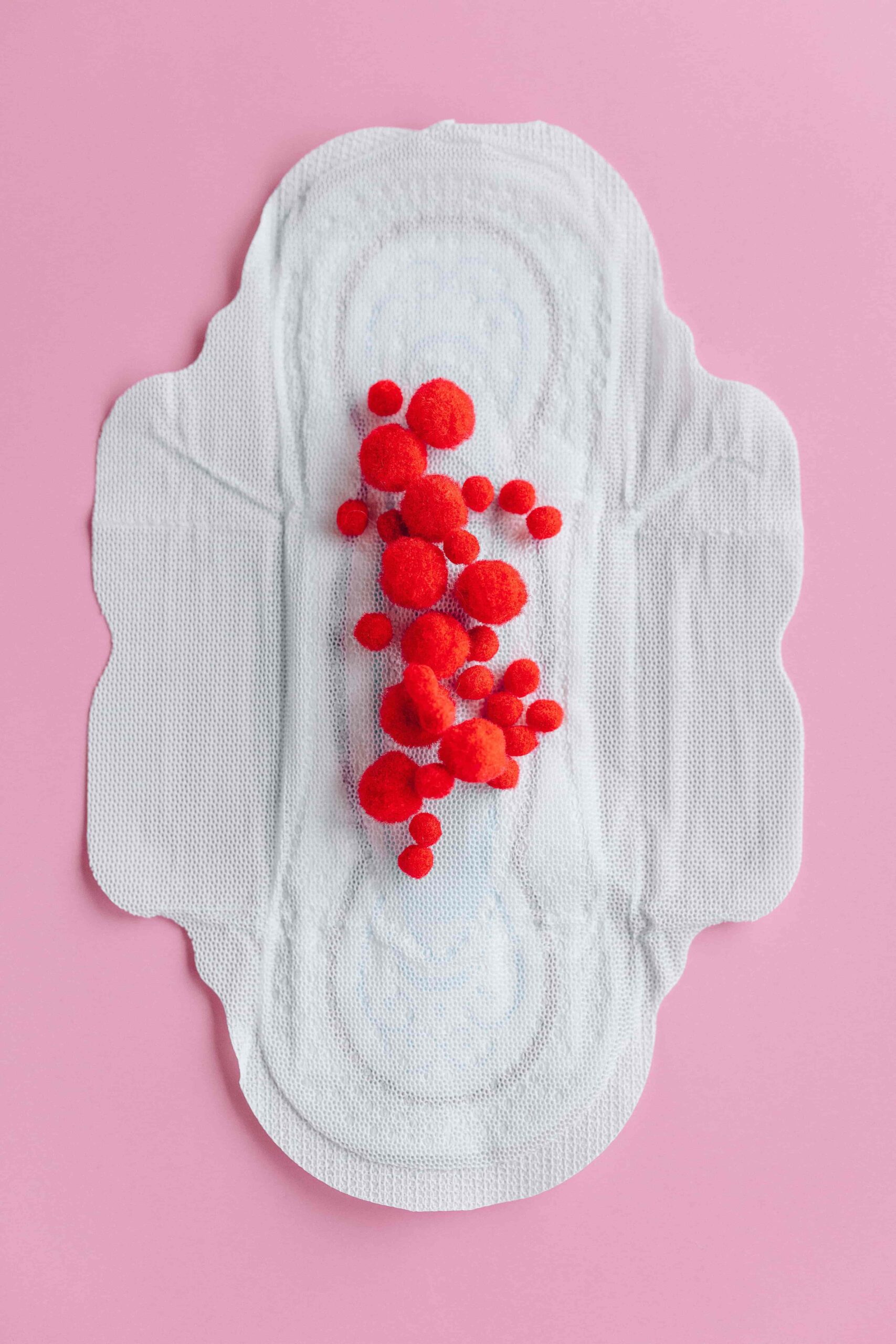Period blood may not be the best view to have. More so if they come with blood clots! You’ve most likely experienced menstrual clots at some point of your life — and maybe you’ve also wondered whether something’s wrong with you. Menstrual clots are normal and rarely a cause for concern.
Why do clots happen?
To understand why clots happen, you have to know the menstrual cycle and what menstrual blood is made of.
Most women of childbearing age will have regular menstrual cycles. The hormone estrogen thickens the uterine lining (called the endometrium) to support a fertilized egg.
But if no pregnancy occurs, the hormones stimulate the lining to shed. This happens about every 28 to 35 days, which is also known as your menstruation.
The lining mixes with the following things when it sheds:
- Blood
- Blood byproducts
- Mucus
- Tissue
This mixture exits the uterus through the cervix and out the vagina. To help the mixture of thickened blood and tissue to flow more freely, the body releases anticoagulants. This breaks down the mixture and makes it thinner.
But when the blood flow is heavier than the anticoagulants produced, menstrual clots tend to happen. Clots often happen when your flow is heavy, like on the second or third day of your period.
What’s considered normal?
Menstrual clots are thick, jelly-like coagulated blood — that’s when blood turns from liquid to a semisolid or solid like state.
Menstrual clots that are small, not larger than a coin, and only appear occasionally are usually nothing to worry about. They’re completely normal and not dangerous.
Your menstrual flow is considered normal if bleeding lasts four to five days, and produces two to three tablespoons of blood or less.
When should I see a doctor?
Menstrual clots are normal. But in some cases, clots can mean an underlying condition. Get in touch with a doctor if the clots:
- Are larger than a coin
- Occur frequently
- Happen with abnormally heavy flow that requires you to change your sanitary pad or tampon every one to two hours
- Are accompanied by significant pain
There are several possible health conditions that can cause menstrual clots. The doctor will check your medical history and may ask you to undergo different tests to help determine if you have any condition causing the clots.
The following conditions are possible causes for abnormal menstrual clots.
- Uterine polyps or fibroids
- Endometriosis
- Adenomyosis
- Uterine or cervical cancer
- Hormonal imbalances
- Miscarriage
- Enlarged uterus
- Bleeding disorders (such as Von Willebrand disease)
Are there complications?
One of the complications of heavy menstrual bleeding is iron deficiency anemia. It occurs when there’s not enough iron in the body to produce healthy red blood cells. Symptoms of anemia include:
- Fatigue
- Weakness
- Paleness
- Shortness of breath
How are menstrual clots treated?
The doctor may prescribe hormonal contraceptives, such as pills, to help balance hormones and control heavy menstrual bleeding. But some cases may need surgery, depending on what’s causing the clots.
Other actions you can take to help ease clots and heavy bleeding are:
- Staying well hydrated
- Eating a healthy and balanced diet that includes iron-rich foods such as seafood, red meat, spinach, and beans
- Doing regular physical activities
Sources:
https://www.healthline.com/health/womens-health/menstrual-clots
https://www.medicalnewstoday.com/articles/322707
https://helloclue.com/articles/cycle-a-z/blood-clots-during-your-period-what-are-they



